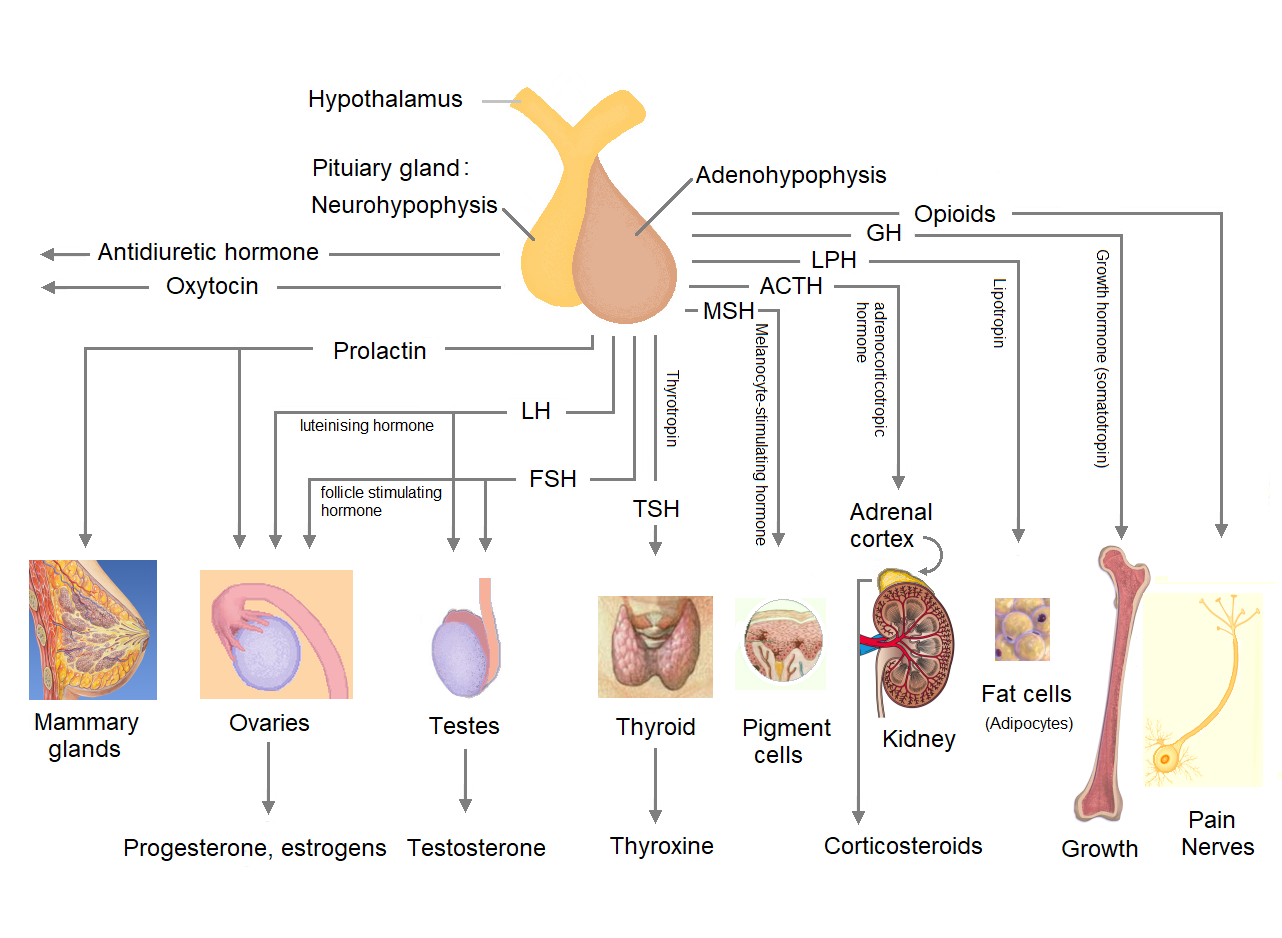Aristotle’s Biological Insights: The Father of Zoology
Aristotle is often referred to as the “father of biology” because of his extensive contributions to the study of living organisms. His work, particularly in his book “Historia Animalium” and other biological treatises, laid the groundwork for early biological observations and classifications. Aristotle’s systematic approach to studying nature, his classification of living organisms, and his emphasis on empirical observation influenced the development of biological thought for centuries, earning him the title of the father of biology. Aristotle, a prominent ancient Greek philosopher, wrote extensively on various subjects, including philosophy, science, politics, and ethics. Some of his notable works, in addition to “Historia Animalium” (as mentioned earlier), include:
1. Nicomachean Ethics: Explores the nature of virtue, ethics, and the pursuit of a good life. It is one of Aristotle’s major works on moral philosophy.
2. Politics: Examines the organization and structure of political communities, discussing concepts like justice, citizenship, and different forms of government.
3. Metaphysics: Addresses fundamental questions about existence, reality, and the nature of being. It is one of Aristotle’s key works in metaphysics.
4. Physics: Investigates the principles and causes of natural phenomena, laying the groundwork for the study of physics.
5. Poetics: Explores the principles of poetry and drama, discussing aspects like tragedy, epic poetry, and the role of imitation in art.
6. On the Soul: Examines the nature of the soul and its relationship to the body, discussing concepts related to perception, intellect, and life.
7. Rhetoric: Addresses the art of persuasive communication, exploring the principles of effective speech and argumentation.
8. Prior Analytics and Posterior Analytics: Works on logic, where Aristotle discusses the methods of reasoning and the process of reaching conclusions.
9. On Generation and Corruption: Explores the principles of change and transformation in the natural world.
These works collectively form Aristotle’s extensive contributions to philosophy and science, and they continue to be influential in various fields of study. Keep in mind that some of Aristotle’s works exist only in fragments or have been lost over time.
contemporaries
Aristotle, who lived from 384 to 322 BCE, had several notable contemporaries during the ancient Greek period. Some of them include:
1. Plato (427–347 BCE): Aristotle was a student of Plato and studied at Plato’s Academy for around 20 years. While they shared philosophical interests, Aristotle later developed his own distinct philosophical system.
2. Alexander the Great (356–323 BCE): Though not a philosopher, Alexander was a student of Aristotle. He became one of the most famous conquerors in history and played a significant role in spreading Greek culture throughout the ancient world.
3. Demosthenes (384–322 BCE): A prominent Greek statesman and orator, Demosthenes lived during the same time as Aristotle. He is known for his speeches and political influence in Athens.
4. Diogenes the Cynic (c. 412–323 BCE): A philosopher and contemporary of Aristotle, Diogenes founded the Cynic school of philosophy, which emphasized a simple and ascetic lifestyle.
5. Eudoxus of Cnidus (c. 408–355 BCE): A mathematician and astronomer, Eudoxus made contributions to geometry and is said to have studied at Plato’s Academy before Aristotle.
These individuals, along with many others, lived during a rich intellectual and cultural period in ancient Greece. They contributed to various fields, influencing the development of philosophy, politics, science, and other disciplines.
Development of science
The title “father of science” is not typically attributed to a single individual, as the development of science is a collaborative and cumulative process spanning centuries. However, if we consider figures who made foundational contributions to the scientific method and empirical investigation, several names stand out:
1. Galileo Galilei (1564–1642): Often referred to as the “father of modern science,” Galileo played a crucial role in advancing the scientific method. His work in physics and astronomy, along with his emphasis on empirical observation and experimentation, contributed significantly to the scientific revolution.
2. Isaac Newton (1643–1727): Newton’s laws of motion and his law of universal gravitation laid the groundwork for classical physics. His mathematical approach to describing natural phenomena and his unification of celestial and terrestrial mechanics marked a key milestone in the history of science.
3. Francis Bacon (1561–1626): Bacon is often considered the father of the scientific method. In his works, such as “Novum Organum,” he emphasized the importance of systematic observation, experimentation, and inductive reasoning in the pursuit of knowledge.
While these figures made profound contributions, it’s important to recognize that the development of science is a collaborative effort involving the work of many individuals across various cultures and time periods. The contributions of scientists from ancient Greece, the Islamic Golden Age, and other historical periods also played crucial roles in shaping the scientific enterprise.
Aristotle’s contributions to science
Aristotle, one of the most influential philosophers in history, made significant contributions to various scientific disciplines in ancient Greece. Here are some key aspects of Aristotle’s contributions to science:
1. Empirical Observation: Aristotle emphasized the importance of empirical observation as the foundation of scientific inquiry. His approach involved careful observation of the natural world and classification of living organisms.
2. Classification of Living Organisms:
In his work “Historia Animalium” (History of Animals) and other biological treatises, Aristotle classified and described a wide range of animals based on their characteristics, behaviors, and habitats. This laid the groundwork for later developments in the field of zoology.
3. Teleology and Natural Philosophy:
Aristotle’s natural philosophy was teleological, meaning it focused on the purpose or end (telos) of natural entities. This perspective influenced his explanations of biological phenomena, suggesting that organisms are structured to fulfill specific functions.
4. Four Causes:
Aristotle introduced the concept of the “four causes” to explain events and phenomena. These causes were the material cause, formal cause, efficient cause, and final cause. This framework provided a systematic way to analyze and understand the nature of things.
5. Physics: Aristotle’s work “Physics” explored fundamental principles of motion, change, and causation. While some of his ideas, such as the notion of natural places, have been superseded by modern physics, his systematic approach influenced subsequent philosophical and scientific thought.
6. Meteorology:
-Aristotle wrote extensively on meteorology, examining phenomena such as weather, climate, and celestial events. His work in this area contributed to early understandings of the Earth’s atmosphere.
7. Empirical Psychology:
Aristotle explored the nature of the soul and mind in his work “On the Soul.” He examined psychological phenomena, including perception, memory, and thought, laying the groundwork for early studies in psychology.
8. Ethics and Politics:
While not strictly scientific, Aristotle’s ethical and political works, such as “Nicomachean Ethics” and “Politics,” addressed the nature of human behavior, governance, and the pursuit of the good life.
Aristotle’s contributions to science were foundational in their time and provided a framework for later developments in natural philosophy and the scientific method. While some of his specific ideas have been revised or replaced, his emphasis on systematic observation and inquiry left a lasting impact on the history of science.
Father of zoology
Aristotle is often referred to as the “father of zoology” due to his pioneering contributions to the systematic study and classification of animals. His work in this field laid the foundation for the development of zoology as a scientific discipline. Here are key reasons why Aristotle is given this title:
1. Classification of Animals:
In his work “Historia Animalium” (History of Animals), Aristotle systematically classified and described a wide range of animals based on their characteristics, behaviors, and habitats. He organized animals into genera and species, creating a framework for the study of their diversity.
2. Observational Approach:
Aristotle emphasized the importance of empirical observation in the study of animals. He conducted detailed observations of various species, documenting their anatomy, behaviors, and life cycles. This observational approach was a departure from earlier mythological or anecdotal accounts.
3. Categorization of Traits:
Aristotle categorized animals based on shared characteristics, such as the presence or absence of blood, the mode of reproduction, and other physiological features. This systematic categorization laid the groundwork for later developments in biological classification.
4. Teleological Perspective:
Aristotle’s teleological perspective, which focused on the purpose or function (telos) of natural entities, influenced his explanations of animal structures and behaviors. He believed that the characteristics of animals were adapted to fulfill specific functions in the natural order.
5. Embryology and Development:
Aristotle also explored embryology and the development of animals, recognizing the importance of studying the life cycle from conception to maturity. His observations on animal reproduction and embryonic development were ahead of his time.
While some of Aristotle’s specific conclusions and classifications have been revised with advances in modern biology, his systematic and observational approach to the study of animals laid the groundwork for the scientific investigation of zoology. His influence extended throughout the ancient and medieval periods, making him a foundational figure in the history of biological science and earning him the title “father of zoology.”




Its like you read my mind You appear to know so much about this like you wrote the book in it or something I think that you can do with a few pics to drive the message home a little bit but instead of that this is excellent blog A fantastic read Ill certainly be back
Wow wonderful blog layout How long have you been blogging for you make blogging look easy The overall look of your site is great as well as the content